Jump to Section
- Why Dogs Need Routine
- Benefits of a Consistent Dog Schedule
- Signs Your Dog Lacks Routine
- How to Build a Daily Routine
- Tools to Support Routine
- FAQs
Why Dogs Need Routine

Dogs are creatures of habit. A reliable routine gives them a sense of control and comfort in a human-led world. When they know what to expect — and when — it reduces anxiety and helps them feel secure in their environment.
From feeding and walking to play and rest, structured rhythms help your dog anticipate what comes next. This predictability is especially important for puppies, rescue dogs, and anxious dogs who thrive on stability.
Benefits of a Consistent Dog Schedule
- Less stress: Dogs with structure are more relaxed and balanced
- Improved behaviour: Regular mental and physical outlets reduce boredom-based behaviours like chewing or barking
- Better digestion and sleep: Predictable meal and potty times support healthy habits
- Stronger bond: A routine builds trust between you and your dog — they feel safe with you
- Easier training: Consistent times for learning help dogs retain information better
Signs Your Dog Lacks Routine
If your dog seems unsettled or misbehaves unpredictably, it could be due to a lack of structure. Signs include:
- Restlessness or pacing
- Accidents in the house
- Inconsistent sleep patterns
- Separation anxiety
- Overexcitement at random times
How to Build a Daily Routine
Keep things simple. Your dog doesn't need a rigid military schedule — just consistent timing for core activities. Here's a basic framework:
- Morning: Potty, short walk, breakfast
- Midday: Potty break, light play, mental stimulation
- Evening: Longer walk, dinner, training or enrichment
- Night: Wind-down time, potty, bed
Stick to roughly the same timing each day, adjusting slightly as needed. Dogs will adapt to minor changes as long as the overall flow stays consistent.
FAQs
Why is routine important for dogs?
Routine gives dogs a sense of predictability and stability. It reduces anxiety and helps regulate everything from behaviour to digestion.
Can changing a routine stress my dog out?
Yes, especially for sensitive or anxious dogs. If change is needed, introduce it gradually to help your dog adjust.
Should dogs eat and walk at the same time every day?
Ideally, yes. Regular times help their body clock, digestion, and behaviour stay balanced.
How do I create a routine for a new puppy?
Focus on potty breaks, meals, sleep, and gentle training. Puppies thrive on repetition and structure — start small and build over time.
Is routine more important for certain breeds?
While all dogs benefit, high-energy and working breeds especially need structured outlets. Routine helps prevent frustration and restlessness.


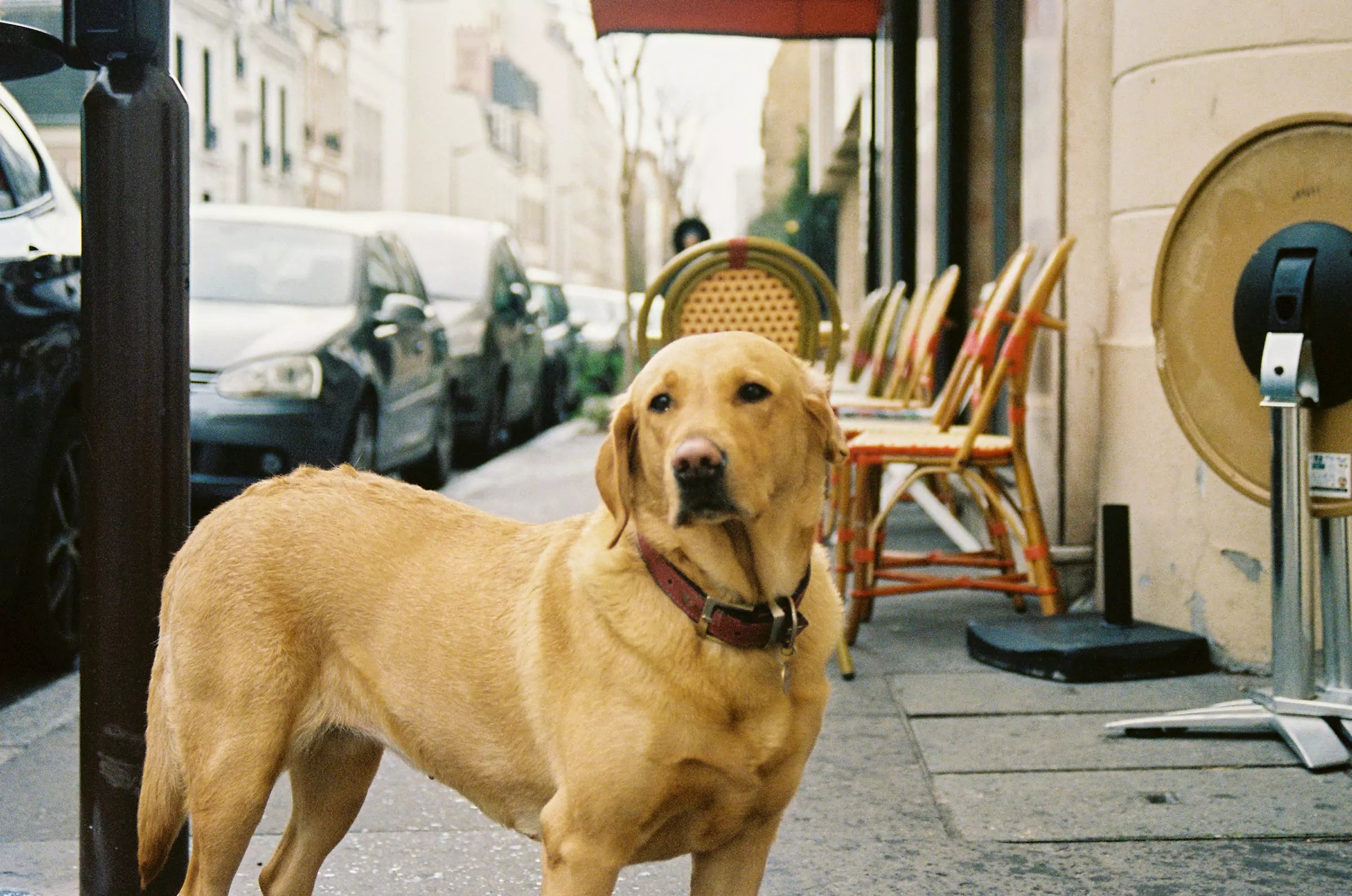
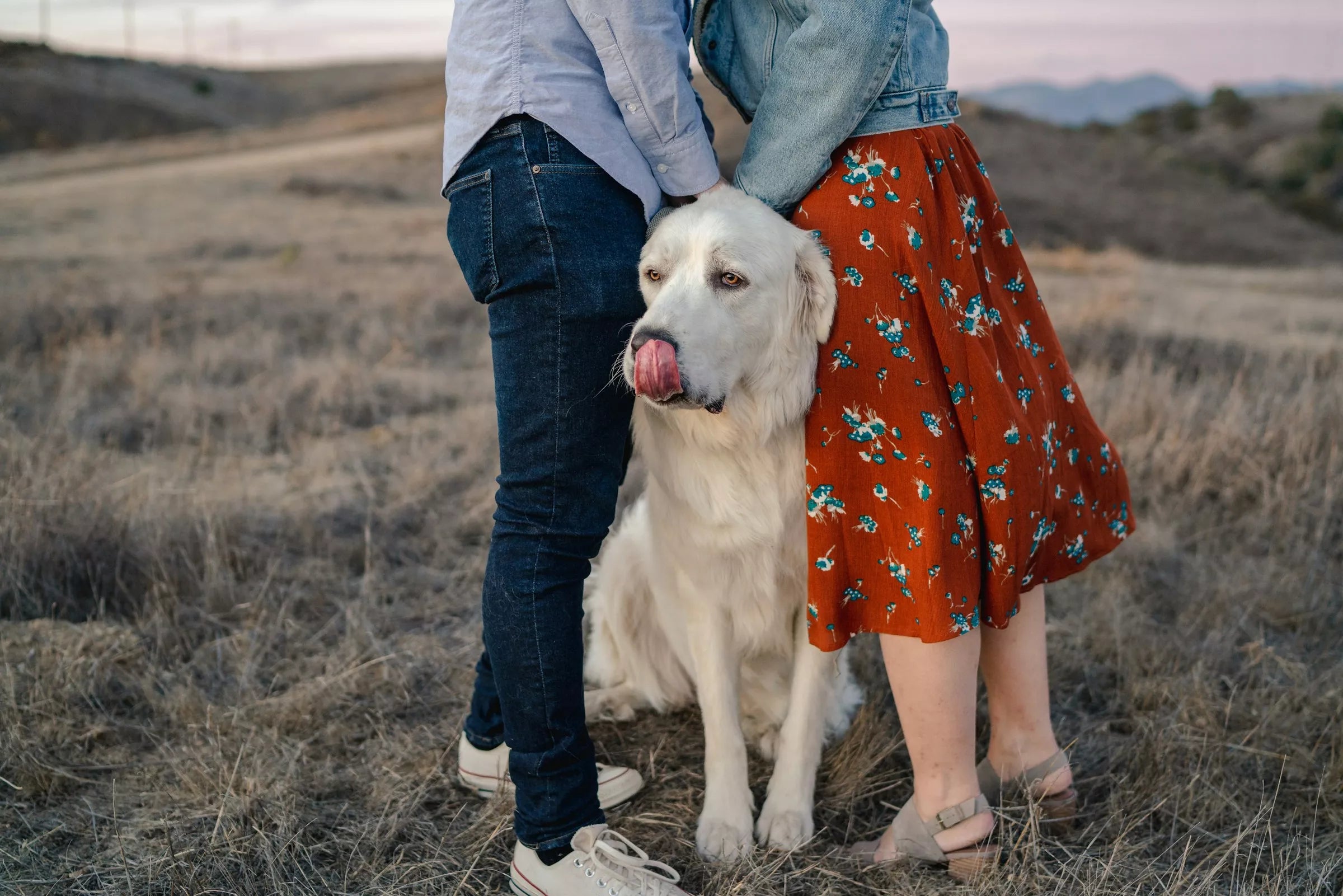
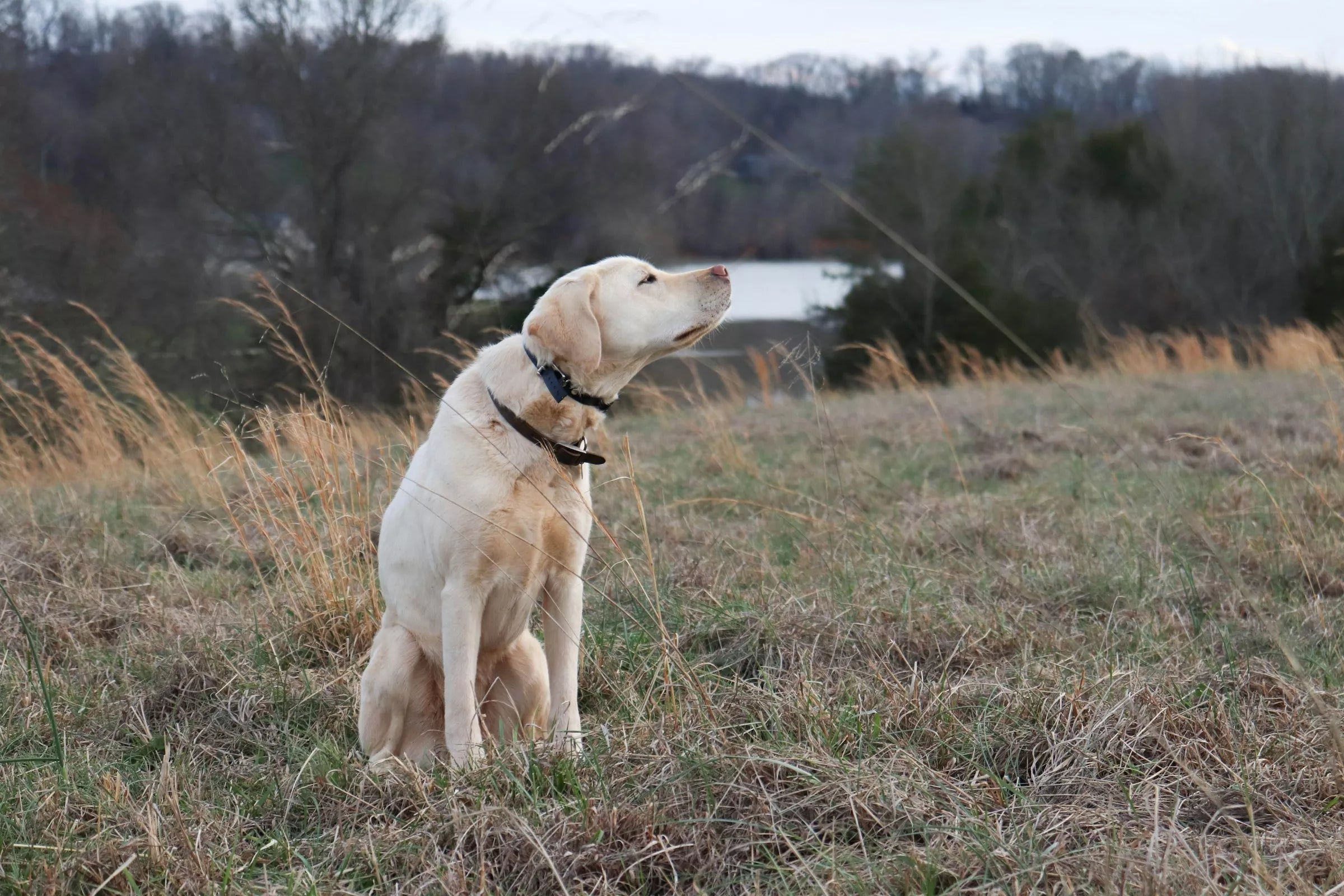
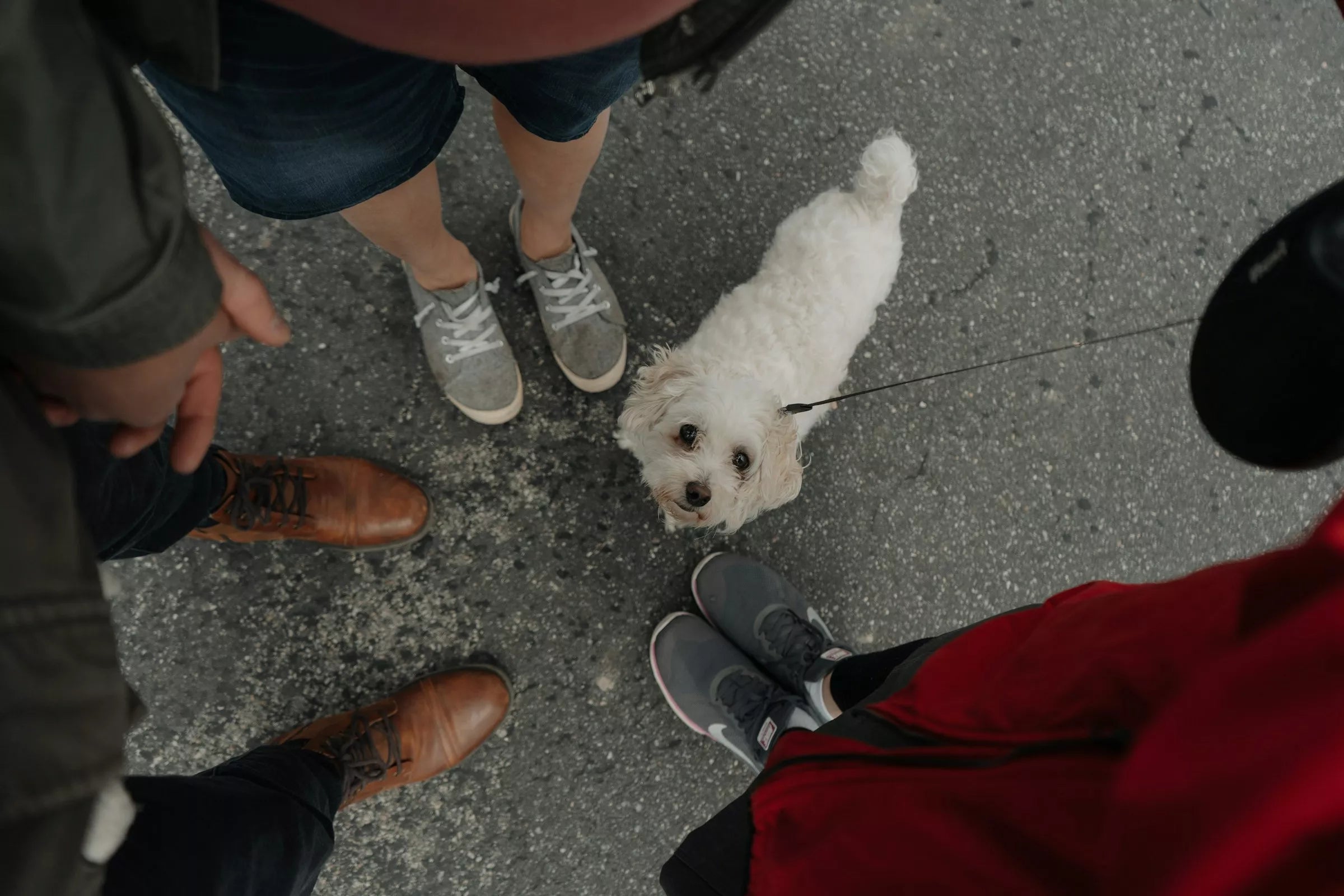
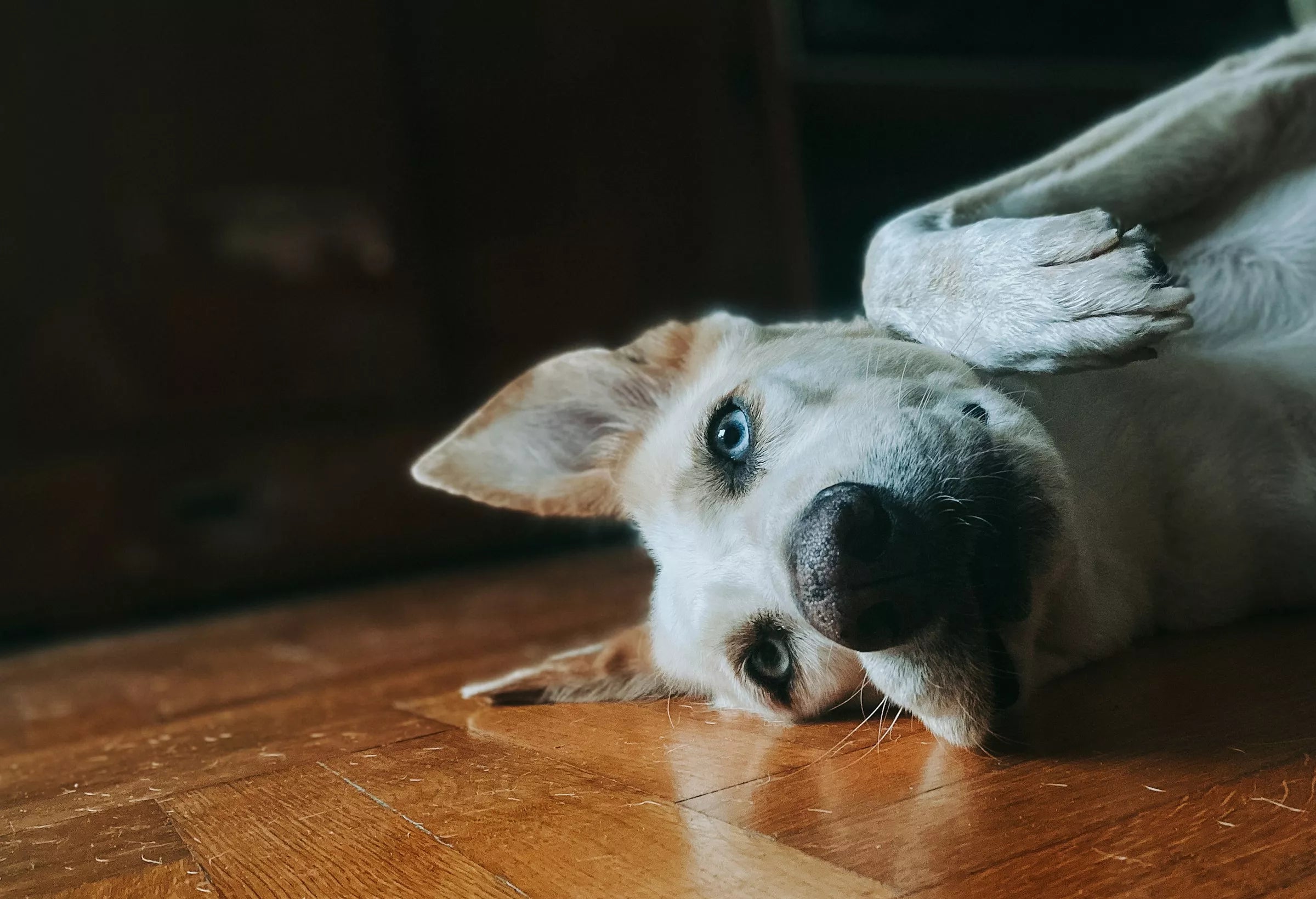

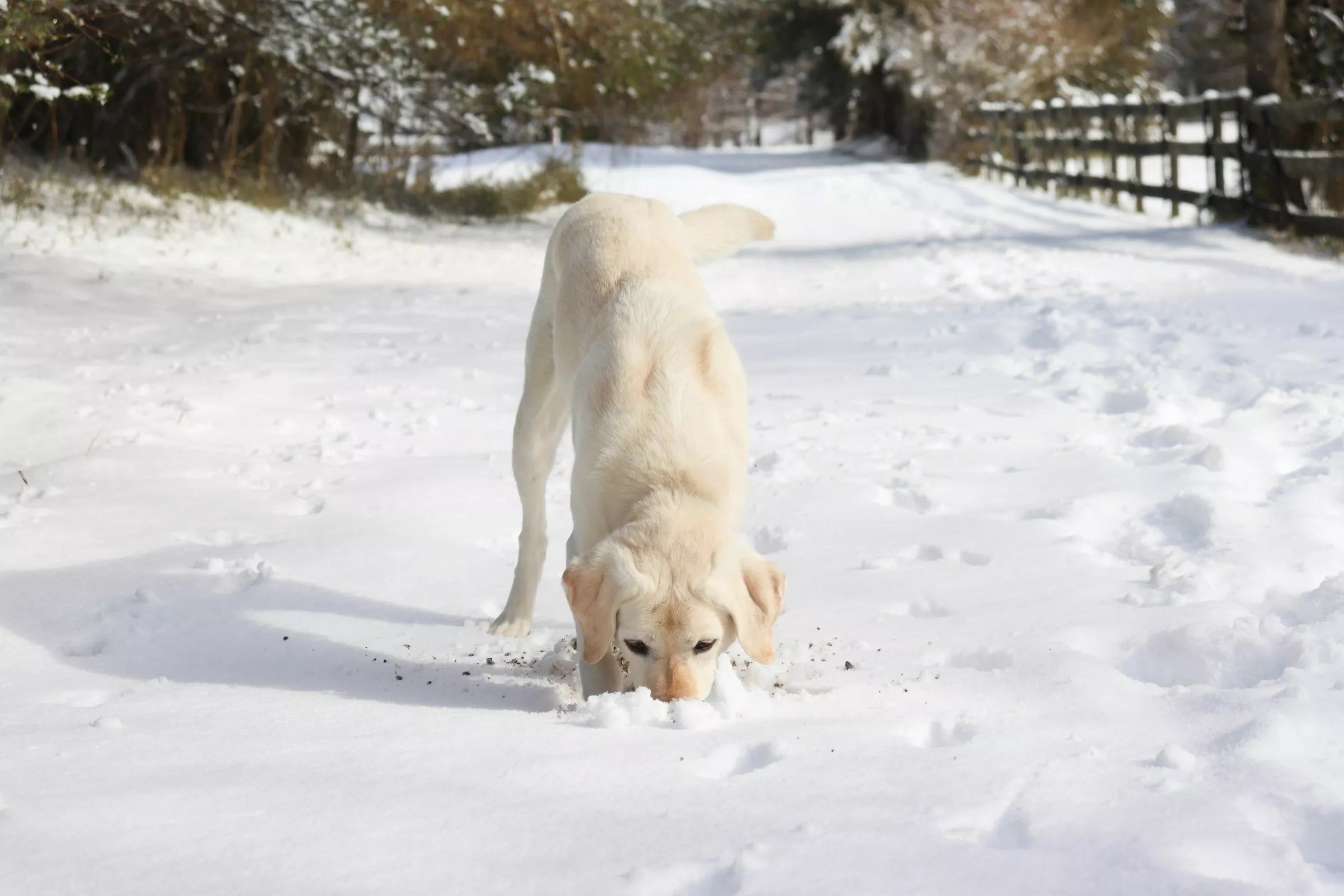






Share:
What Is the Best Age to Train a Dog?
Dog Body Language 101